Future Nostalgia
Past Perfect
Jorge Jácome presents time in an associative series of hypnotic rêveries—an ode to the past so bittersweet that we have to be repelled from it at one point.
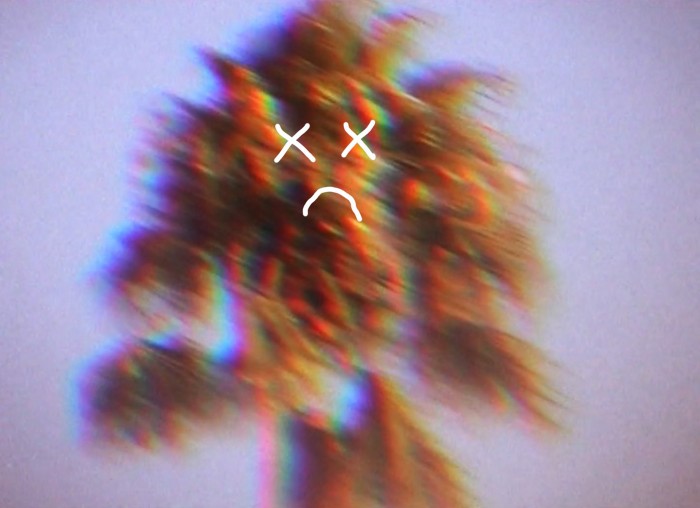
“Where does it hurt…?” is an appropriate question to start any film or conversation with. You’re immediately drawn to the heart of the matter: the difficulty to put the act of suffering into words. Jorge Jácome’s experimental video essay Past Perfect succeeds in doing just that. In his short film, suffering takes different forms when forced down the path of the past. It was all better back then anyway, wasn’t it?
We return to a time without fake news or Jair Bolsonaro (as if these aren’t synonyms), times when everything was by no means flawless, but at least failures were manageable and did not come crashing down on us on a planetary scale. The distance that separates us from those events colour the filter we use to look back. We bend the facts at our own will and forget what we don’t want to remember. The end result must be what we desire from the present; thus, we are inevitably the victims of that very filter—some, like jihadists, in more extreme ways than others.
“I just don’t like my time. Probably, I just don’t like myself.” Deeply dissatisfied with the era we’re living in, and by continuing with our lives regardless, we want to suppress that misfortune to the best of our abilities. Pedro Penim’s diagnosis extends that idea even further, blaming it all on our concern with self-image. Shouldn’t we continue to visit our psychologist mainly to understand better the way we look at ourselves in the mirror rather than how we browse pictures?
Jorge Jácome presents time in an associative series of hypnotic reveries, aesthetically reminiscent of early Sofia Coppola films or Lana Del Rey music videos. The Portuguese filmmaker relied on the ingenious text “Before” by Pedro Penim, which draws from a revision of historical milestones and excels in its ingenuity and pressing self-awareness. To such an extent that Jácome’s images are (mostly) inferior to Penim’s words, which is all the more striking due to the genre.
Jácome cleverly shuns away from any voice-over and delivers Penim’s lines via voiceless subtitles. In times when (so-called) omniscient narrators, such as leaders of (populist) politics, intensely paint our society, it is a relief to depend solely on literature. Does that make the god represented in this poem a progressive one? No. We’re still talking about the past and its influence on the present… Or, to put it in the words of Rihanna: there is still so much “work, work, work, work, work” left.
This ode to the past is so bittersweet that we must be repelled from it at one point. Mind you, especially nostalgia lovers, it’s that same past that brought us to this present day. However, Jácome finds salvation in cherishing grief, “the most mistreated, most shameful expression”: there should be more places that welcome that exact grief, where we can find each other in the present and collaboratively counter the (harmful) longing for the past.
The purifying effect of such places might leave the door ajar and shed a brighter light on the time that comes. If the “past” is so “perfect”, then that should by no means be the place we want to start from. Perfection is a matter of conservation. Why should we give up all evolutionary potential and self-conscious progress in the name of god (or anyone else)?
This review was previously published in Dutch on Kortfilm.be.

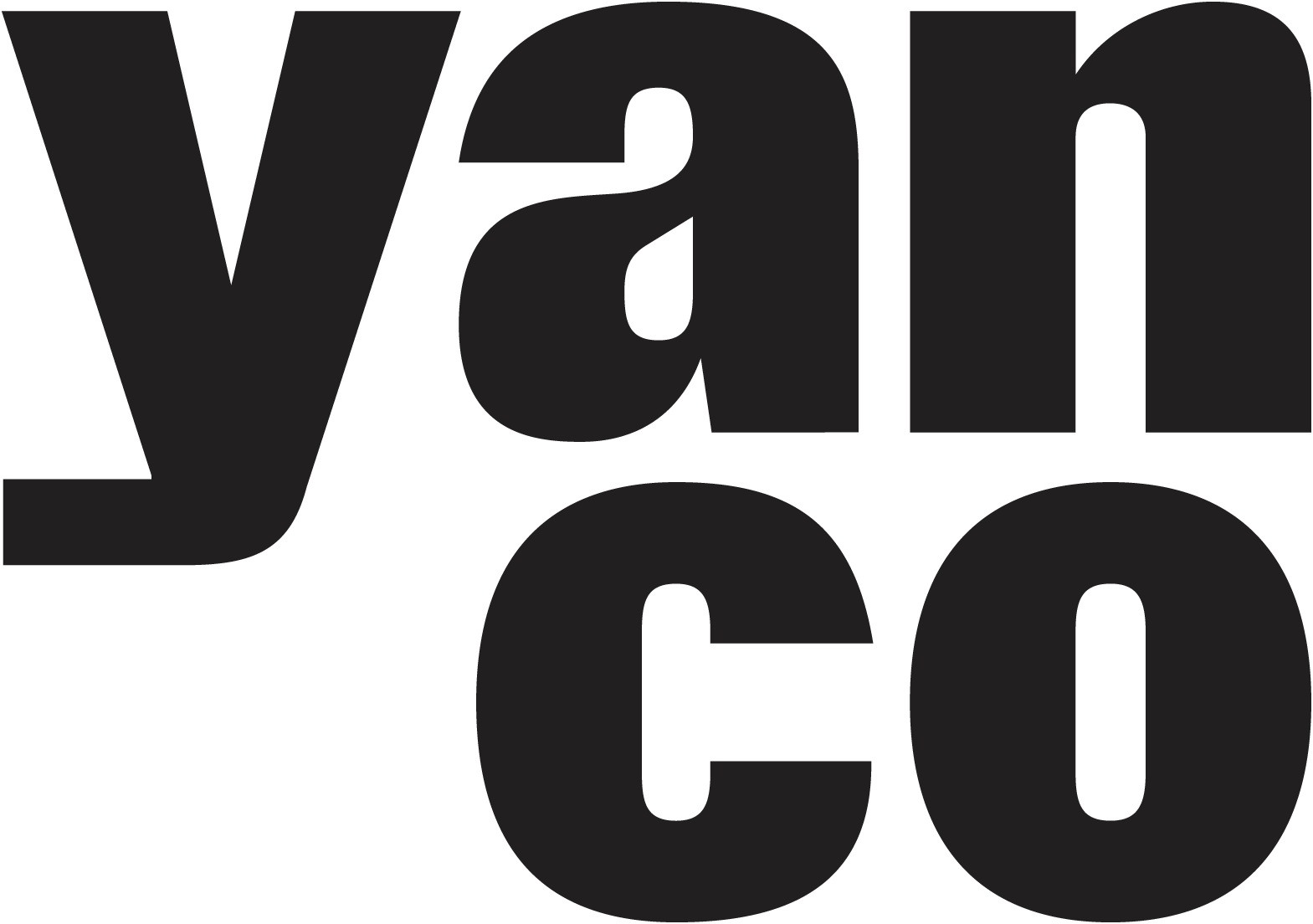
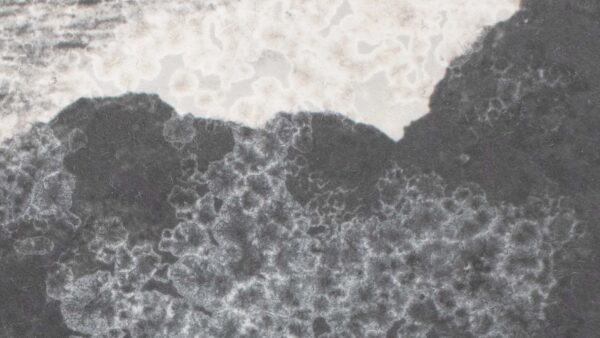
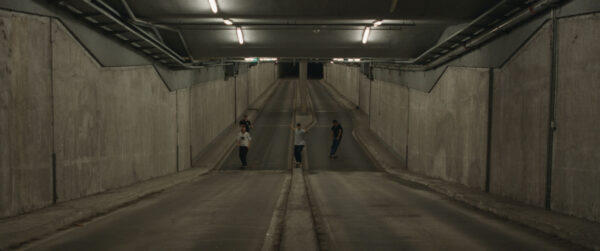
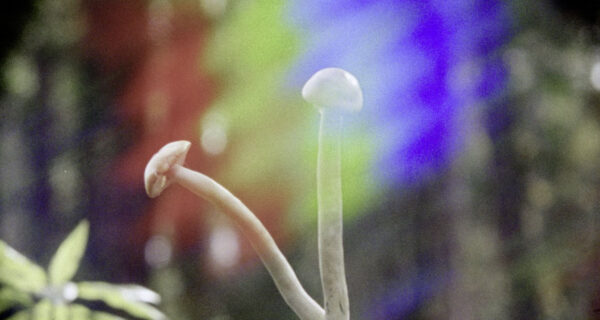

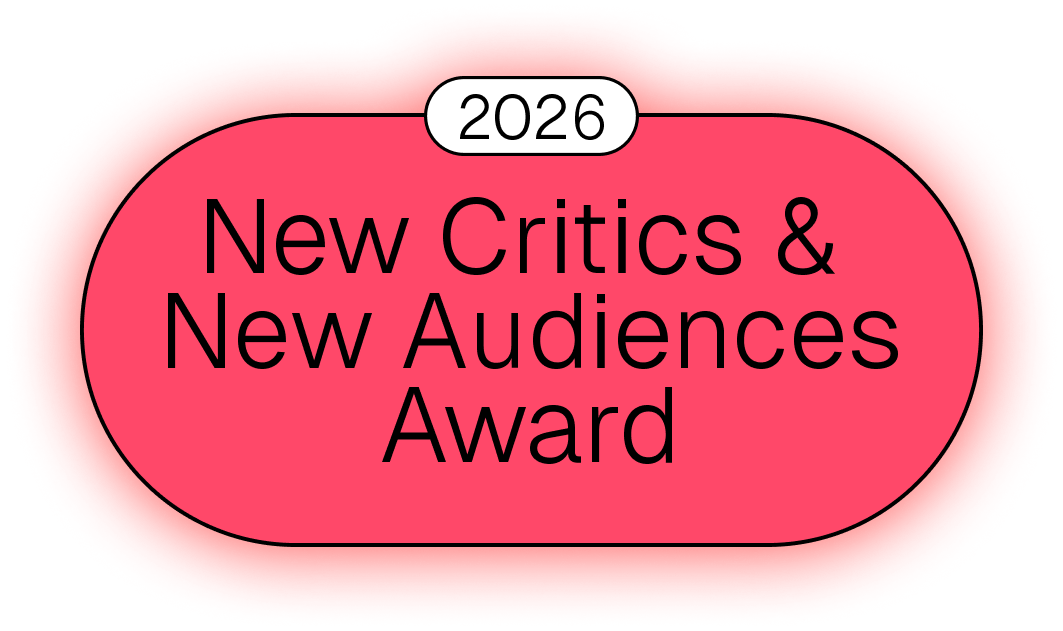
There are no comments yet, be the first!